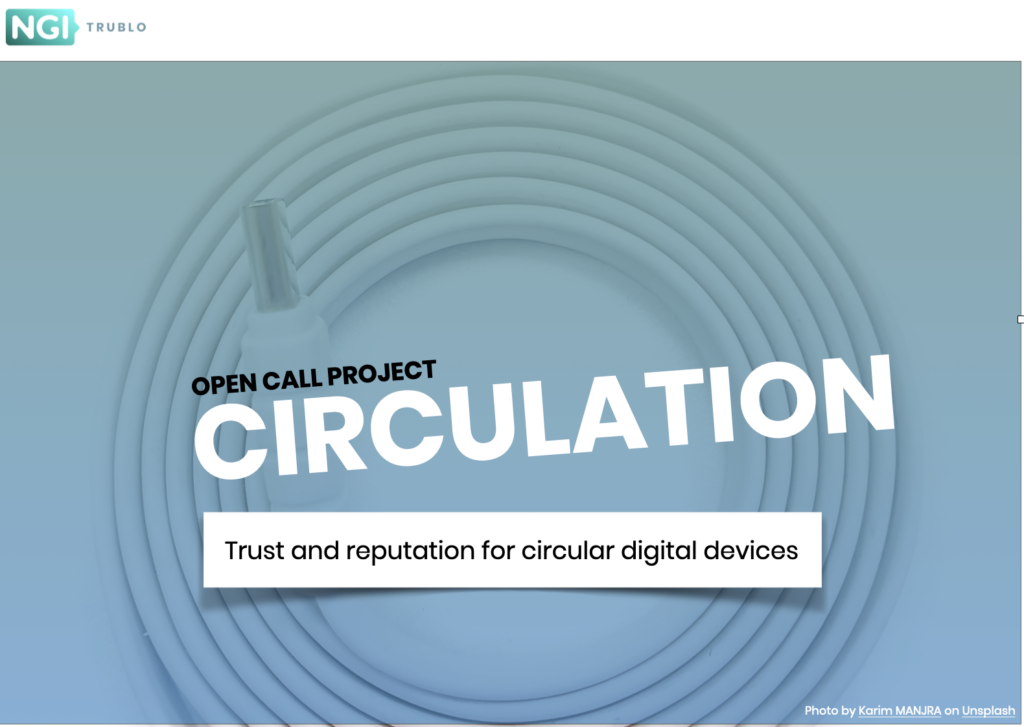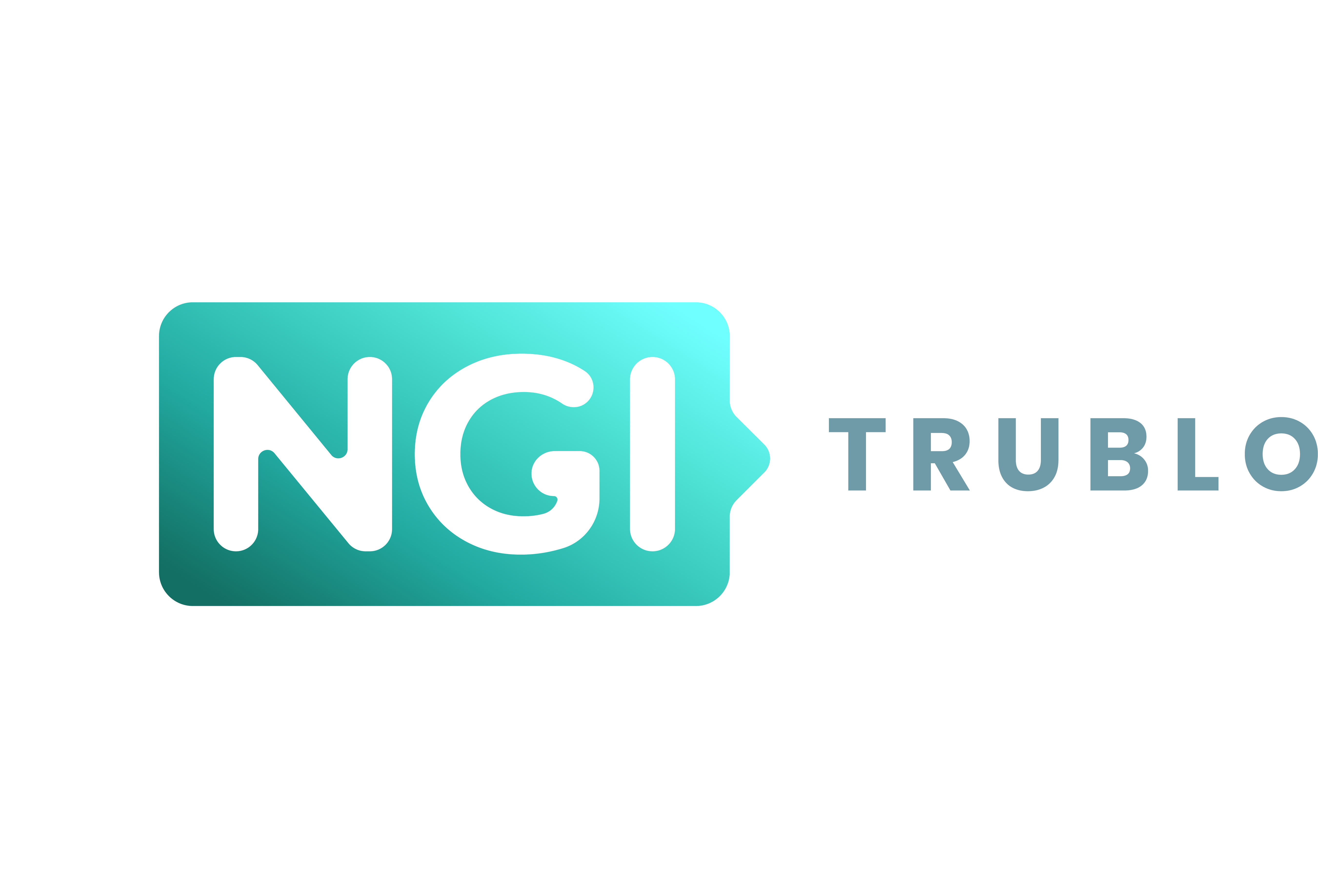Trust and reputation for circular digital devices

Project
Today, there are more personal digital devices in the world than people. As a result, we are consuming resources beyond the natural boundaries.
In this project, we will investigate trust and reputation models built on (permissioned) blockchains to improve the transparency, accountability and provenance of user-supplied data about the lifespan of digital devices in a circular economy. The project aims to enable new types of trustable digital reports or digital product passports. Further, we want to explore how to reward personal or organisational climate change efforts.
People buy, rent, repair, sell, donate, recycle digital devices and attest these actions supported by user-generated digital content (pictures, geolocation, tags, snapshots, documents) as trust proofs. Histories of these multimedia proofs associated with devices allow us to confirm and trace the relevant events along the lifespan of an ICT device to determine social, economic and environmental impacts, a kind of product CV or portfolio, carefully disentangled from personal data of the people involved. Devices, with unique identifiers registered in a blockchain, will accumulate associated proofs of key events.
Such a chain of device lifecycle events will allow social, economic and environmental impacts to be reliably determined. Economic incentives in the form of virtual currency credits can increase the reputation of people and organizations involved, promoting and allowing to reward positive behaviours towards less social inequality and lower environmental impact in the transition to a circular economy. Collectively this can result in major and tangible contributions to SDGs for people and the planet in line with international recommendations.
Team
- Leandro Navarro, Research leader
- Mireia Roura, Researcher in training, fieldwork with stakeholders
- David Franquesa, Sustainability, business model,
- Jordi Nadeu, Devops
- Felix Freitag, Researcher
- Javier Cano, Developer
- Pedro Vílchez, Devops
BlockChain experience
We have experience working with permissioned blockchains since 2016 (5 years).
Our main research topics are:
- i) Community networks and clouds,
- ii) Economics oriented models for distributed networks and systems, iii) Resource allocation mechanisms,
- iv) Circular economy of digital devices,
- v) Distributed ledger (blockchain) for socio-economic-environmental sustainability (networks, circularity),
- vi) ICT for development.
The main research projects on the blockchain are the following:
MeshDapp: our prototype implementation using a local Ethereum PoA blockchain and a set of Solidity smart contracts on a wireless mesh network with access points and an Internet gateway. The prototype software has been validated in a controlled mesh network environment. Blockchain accounting system to compensate contribution and consumption of connectivity and the maintenance of a network infrastructure [1][2]. Sustainability and incentives [3], governance of community clouds and blockchain: [4], local blockchains in mesh networks: [1], MeshDapp-based incentive mechanism: [5] (see references below)
Ledger eReuse: a design and prototype implementation of a device traceability blockchain that allows to record proofs of relevant operations (proofs such as registration, transfer, data erasure, repair, recycling) and provides economic incentives (deposits) for circular behaviours (funded by the Ledger EU project and described in the eReuse.org project).
A comparison of blockchain implementations: Hyperledger Fabric versus Ethereum PoA [1] that describes our rationale of choice.
References
- A. Rao Kabbinale, Dimogerontakis, E., Selimi, M., Ali, A., Navarro, L., Sathiaseelan, A., and Crowcroft, J., “Blockchain for economically sustainable wireless mesh networks”, Concurrency and Computation: Practice and Experience, 2019.
- E. Dimogerontakis, Navarro, L., Selimi, M., Mosquera, S., and Freitag, F., “MeshDapp – Blockchain-enabled Sustainable Business Models for Networks”, in 16th International Conference on Economics of Grids, Clouds, Systems & Services, Leeds, 2019.
- P. Micholia, Karaliopoulos, M., Koutsopoulos, I., Navarro, L., Baig, R., Boucas, D., Michalis, M., and Antoniadis, P., “Community Networks and Sustainability: a Survey of Perceptions, Practices, and Proposed Solutions”, CoRR, vol. abs/1707.06898, 2017.
- F. Freitag, “On the Collaborative Governance of Decentralized Edge Microclouds with Blockchain-Based Distributed Ledgers”, in 1st International Workshop on Blockchain Technology for Multi-Agent Systems (BCT4MAS), in 2018 IEEE/WIC/ACM International Conference on Web Intelligence (WI), 2018.
- E. San Miguel, Timmerman, R., Mosquera, S., Dimogerontakis, E., Freitag, F., and Navarro, L., “Blockchain-Enabled Participatory Incentives for Crowdsourced Mesh Networks”, in 16th International Conference on Economics of Grids, Clouds, Systems & Services, Leeds, 2019.
